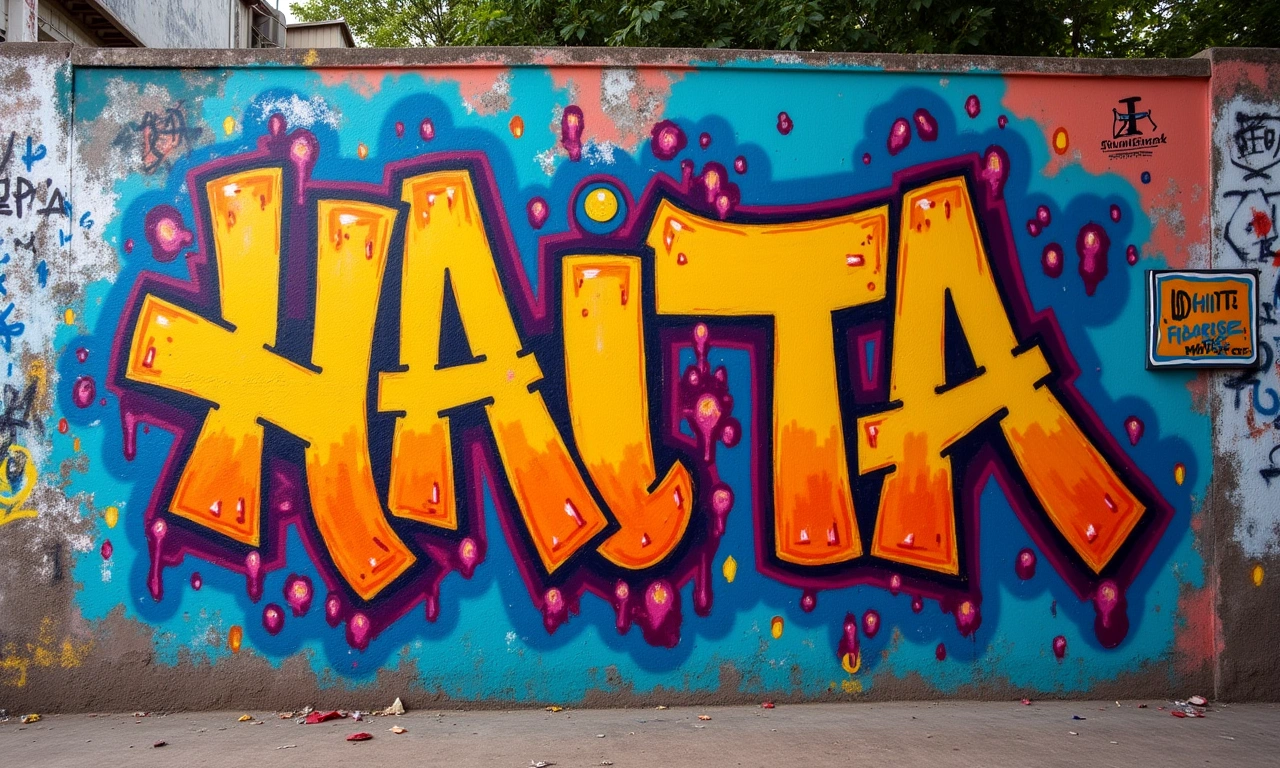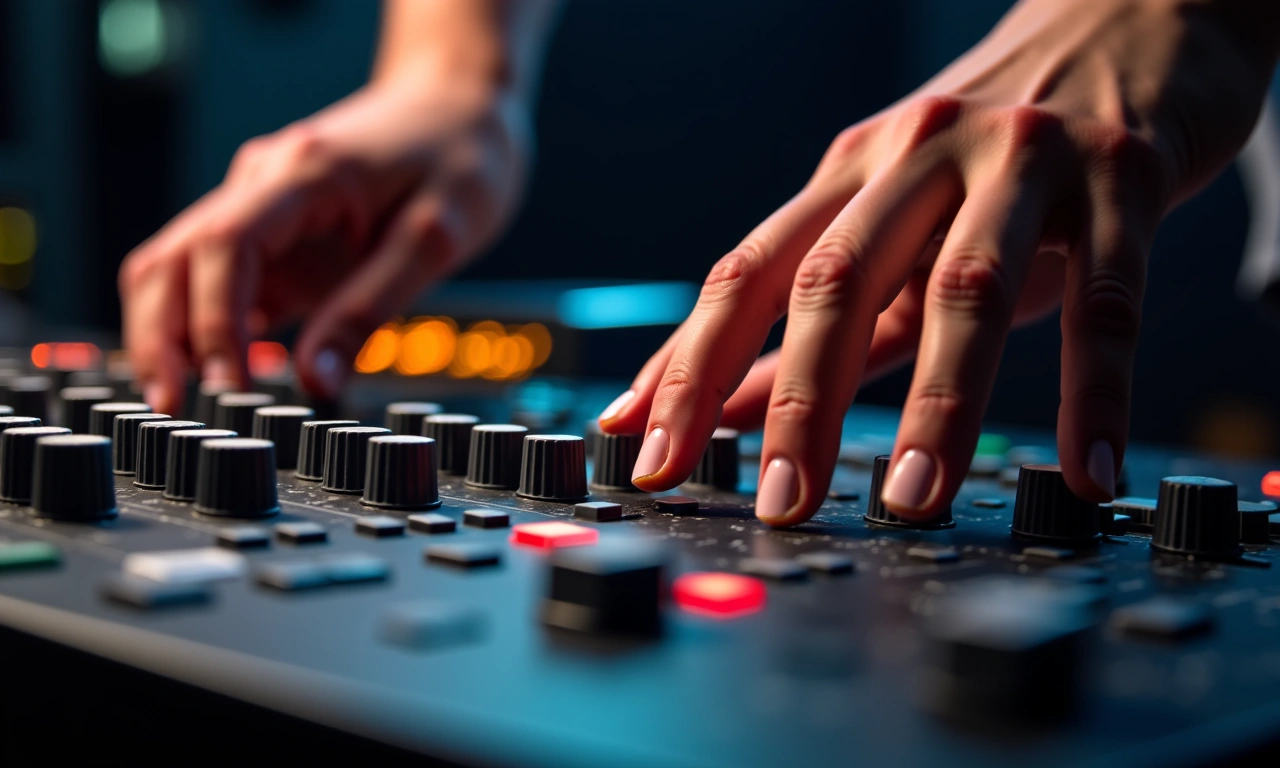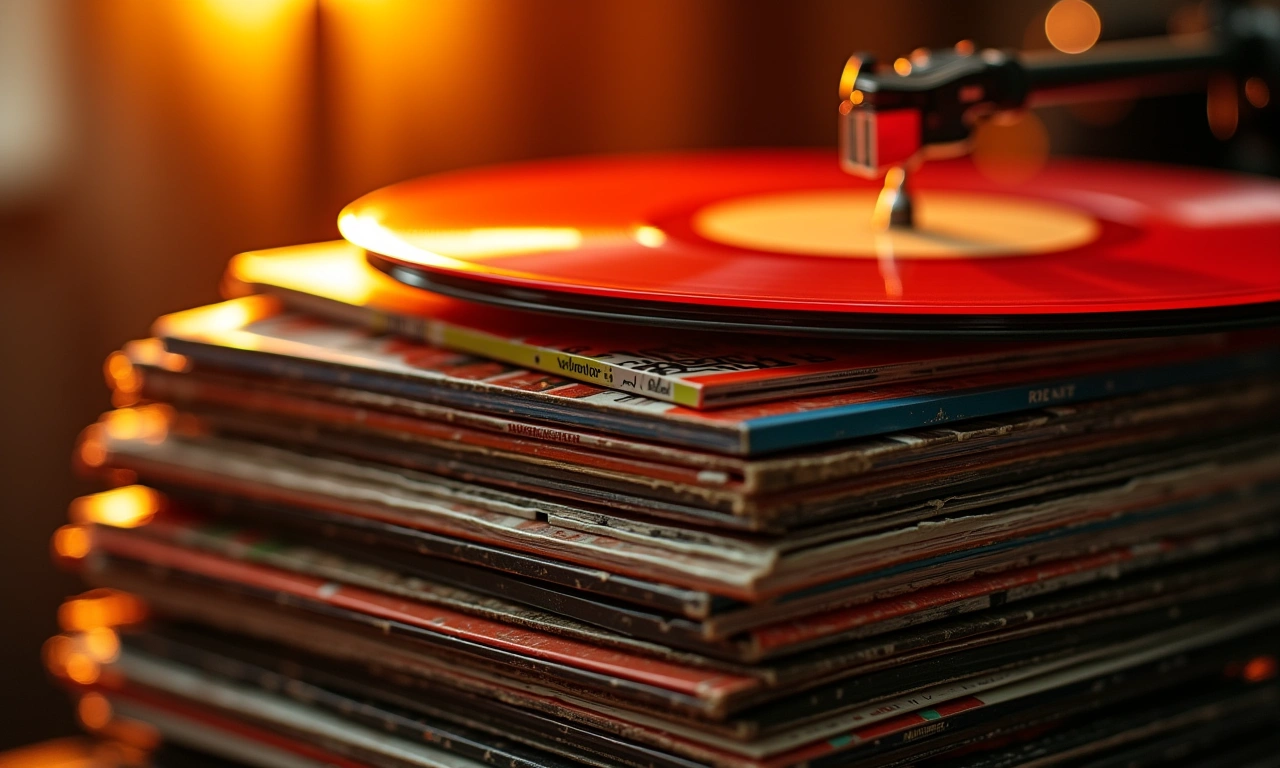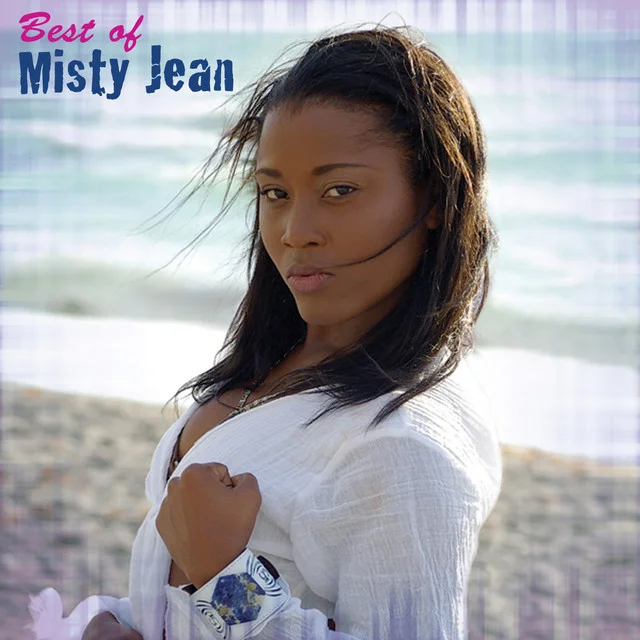Eunide Edouarin—known professionally as Princess Eud—is one of Haiti’s most visible female hip-hop artists, commanding audiences with a confident stage presence that contradicts her self-described shy nature. Her career spans over a decade in Haitian music, marked by work with collective groups, solo collaborations, and an album released alongside her artistic partner Ded Kra-Z.
In interviews, she discusses her unconventional entry into rap, her influences ranging from Lauryn Hill to Amy Winehouse, and her ambitions beyond the music industry.
An Unconventional Start in Haitian Hip-Hop

Edouarin’s entry into rap was born from improvisation rather than formal training. While visiting a Port-au-Prince radio station, she was invited by Haitian rapper Easy One to freestyle over a beat.
At a loss for lyrics, she drew from her Baptist Church background and recited verses from the Book of Psalms—an unexpected choice that captivated both the DJs and listeners.
At Easy One’s encouragement, Edouarin was renamed “Eud” (pronounced like “ood,” reminiscent of “hood” without the initial consonant) and joined Le Tribu de Job, a rap group where she served as the only female member. After that group dissolved, she became part of Mystic 703, her current collective, which includes rapper Ded Kra-Z and approximately 11 other members.
Stage Presence vs. Personality

Eud has acknowledged her discomfort with interviews, noting that she sometimes becomes overwhelmed with thoughts and inadvertently answers questions not asked. Yet her public persona tells a different story. During performances with popular Haitian group CaRiMi, she delivered confident verses alongside the band’s hit “Fanm Nan Move,” transitioning seamlessly into her own single “Hey.”
This command of the stage—characterized by assured delivery and stage presence—stands in stark contrast to her private, introverted nature. The self-described homebody prefers spending time within her home when not performing. As a married mother of one, she credits motherhood with deepening her sense of purpose and connection.
Musical Collaborations and Recognition

Her duet with rapper Izolan showcases her versatility in love-themed rap, with lyrics that balance vulnerability and assertiveness. Her collaborative work with Ded Kra-Z resulted in the album Limyè Rouj, which included singles “Yap Pale” and other tracks supported by music videos.
Haitian radio personality Carel Pedre praised her as “one of the best female artists in the Haitian music industry,” noting her versatility, intelligence, and distinctive style. Music personality Adley Raymond (DJADD 1) of New York observed that “Princess Eud is the epitome of rap creole,” highlighting her distinctive delivery and ability to command attention from listeners.
Why Eud Stands Out in Haitian Hip-Hop
Eud’s prominence in a male-dominated Haitian hip-hop scene stems from several interconnected factors. She was an early female entrant to the genre at a time when few women pursued rap in Haiti, and fewer still maintained consistent visibility. Her choice to rap primarily in Haitian Creole, rather than English, aligned with local audiences and differentiated her from other female artists.
She has leveraged social media and strategic marketing to build her brand, releasing visually polished music videos that reinforce her artistic identity. Her lyrical approach—combining self-assertion, social consciousness, and upbeat energy—has resonated with listeners. Additionally, her timing within the Haitian music industry allowed her to establish credibility before the market became saturated with new female artists.
Artistic Influences and Musical Identity

When discussing her inspirations, Eud draws from a diverse range of female artists across genres. Her influences include Lauryn Hill, whose personality and singing style she admires; Manzè of Boukman Eksperyans, whom she credits with radiating strength; Beyoncé for her energy; and Rihanna for her outspokenness.
She also cites Amy Winehouse for her vocal quality, Adele and Ayo for their emotional depth, and Pink for her authenticity. These influences suggest an artist who values both technical skill and emotional honesty in music.
She states that she draws inspiration from everyday life, her personal experiences, and those around her, with melodies often arriving intuitively once she hears a beat.
International Performances and Growth

Eud has performed internationally alongside her Mystic 703 collective, including appearances at hip-hop festivals in Japan and Cuba. She credits a performance in Havana as particularly transformative for her confidence as a performer. Despite the audience not understanding Creole lyrics, the energy and delivery of her performance resonated universally, with listeners repeating her words and responding enthusiastically.
“I’ve never had a welcome like that,” she reflected on the Havana experience. This international recognition reinforced her belief in her ability to connect with audiences across language and cultural boundaries.

Life Beyond Rap: Ambitions and Philosophy
While music remains central to her current career, Eud envisions multiple paths for her future. A skilled cook, she dreams of becoming a chef who creates original dishes. She also plans to establish a styling firm serving international celebrities and aspires to mentor emerging artists within the next decade.
Most significantly, she sees herself as an advocate for women’s rights and social respect for women in society. However, she distinguishes her position from feminism, explaining: “I don’t view myself as a feminist because I recognize the differences between men and women. I simply want everyone to respect women, recognize their value, and protect them from scorn and abuse.”
Relationships and Drama-Free Philosophy
When asked about her relationships with other female rappers in Haiti, Eud emphasizes that she maintains a drama-free approach. Her closest relationships are with family members, particularly her sister Dina. While she does not claim special sisterhood with fellow female rappers, she maintains a philosophy of supporting others’ success.
“I don’t have a problem with anyone,” she states. “I love everyone who’s doing positive things, and I hope everyone reaches the top and fulfills their dreams.” On the broader challenge of being a female rapper in Haiti, she reflects thoughtfully: “I don’t know if it’s difficult for others, but I know it’s been a long road for me.
When you work hard, you reap the fruits of your labor.”
Perspective on Regret and Personal Growth
Asked about regrets, Eud offered a philosophical response: “I don’t have any regrets, and I don’t think I ever will. Everything that happens in my life—good or bad—teaches me something. I thank God and keep living.” This outlook reflects an artist who approaches challenges as learning opportunities rather than setbacks.
What Makes This Profile Different
- Direct voice – Extensive direct quotations from Eud herself, presented in her own words rather than mediated through editorial summary.
- Industry perspective – Insights from Haitian music professionals (radio personalities and music figures) provide external context without overshadowing the artist’s own narrative.
- Holistic approach – Covers both her professional achievements and personal philosophy, offering readers insight into her values beyond musical accomplishments.
- Contextual framing – Positions Eud within the specific landscape of Haitian hip-hop, acknowledging both her achievements and the cultural conditions that shaped her career.
FAQ
Who is Princess Eud and why is she notable in Haitian music?
Princess Eud (Eunide Edouarin) is a Haiti-based rapper and singer recognized as one of the most visible female hip-hop artists in Haiti. She emerged during an era when few women participated in Haitian rap and has maintained prominence through consistent releases, strategic marketing, and performances both domestically and internationally.
How did Eud begin her music career?
Her entry into rap was unconventional. While visiting a Port-au-Prince radio station, she was invited to freestyle by rapper Easy One. Unable to improvise original lyrics, she recited verses from the Book of Psalms, which impressed the station’s DJs and listeners. This moment led to her renaming and invitation to join Le Tribu de Job, a rap group.
Does Eud identify as a feminist?
No, Eud explicitly states she does not identify as a feminist. She explains that she respects the differences between men and women and seeks societal respect and protection for women rather than identical rights. Her advocacy centers on women’s dignity and value in society.
What are Eud’s career goals beyond music?
Eud aspires to become a chef, establish a styling firm for international celebrities, mentor emerging artists, and serve as an advocate for women’s rights. She views these ambitions as equally important to her music career.
What language does Eud rap in?
Eud primarily performs in Haitian Creole, a choice that has differentiated her from some peers and aligned her with local audiences. Her international performances have demonstrated that her delivery resonates across language barriers.
What is Eud’s current musical group?
Eud is a member of Mystic 703, a collective that includes rapper Ded Kra-Z and approximately 11 other members. She performs both as part of the group and as a solo artist.
Editorial Note
This profile is based on interviews and statements attributed to Eud, commentary from Haitian music industry figures (including radio personality Carel Pedre and music personality Adley Raymond), and references to her public performances and released music. The article reflects publicly available information about her career trajectory, collaborations, and personal philosophy as expressed through interviews and media appearances.
Readers interested in following Princess Eud’s work are encouraged to explore her music releases and social media presence for the latest updates on her projects and performances.
Last Updated on January 15, 2026 by kreyolicious



